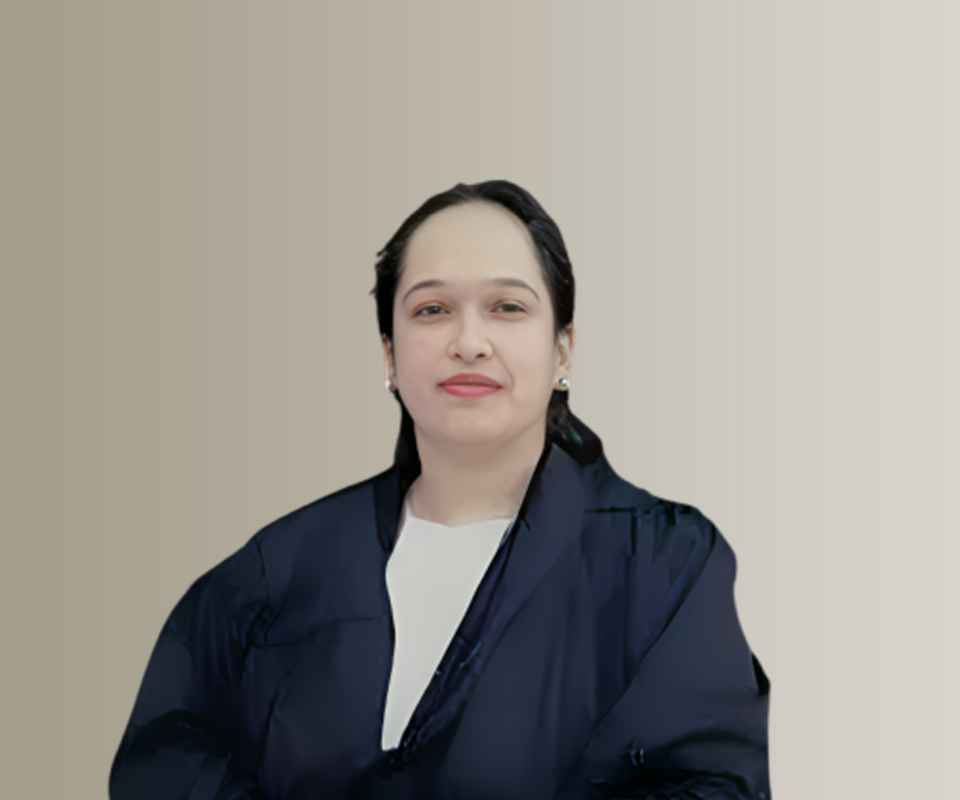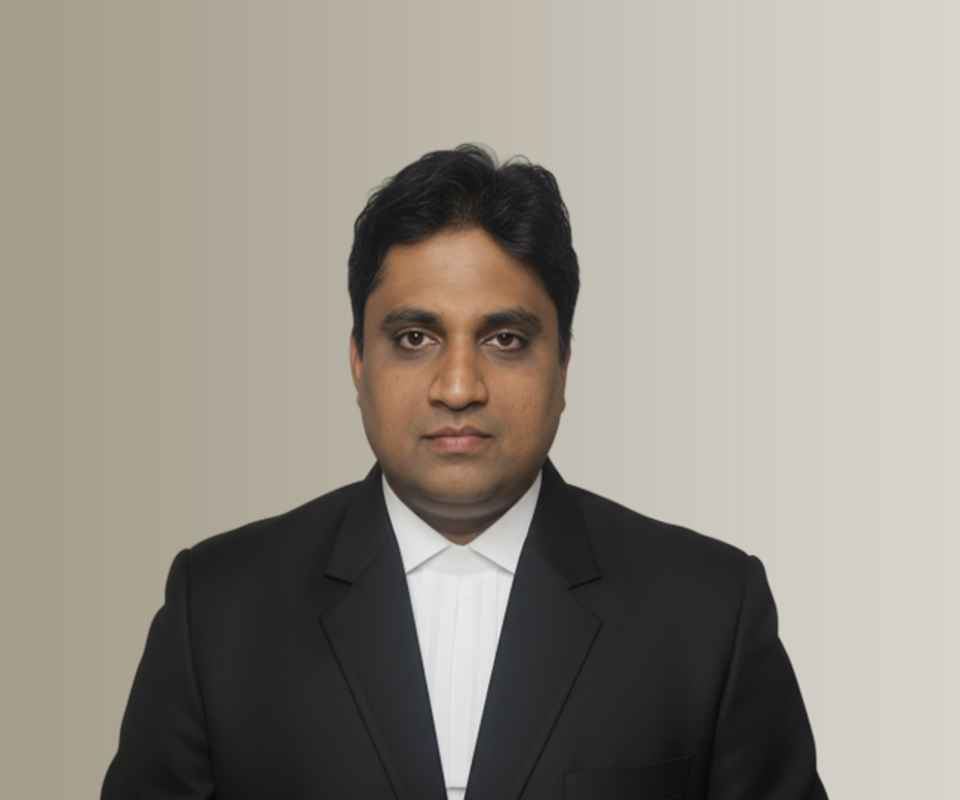Answer By law4u team
Introduction
In India, while awarding a degree is a significant academic decision, a university also retains the authority to revoke it under exceptional circumstances. However, such revocation must follow due legal and procedural standards. The right to education and cademic recognition must be balanced with institutional integrity.
Steps That Lead to Degree Revocation
Proof of Academic Misconduct: Degrees can be revoked if it is later found that the student committed serious academic misconduct such as cheating, plagiarism, or submitting false documents.
Fraudulent Admission: If the student gained admission using fake certificates or incorrect information, the university has the power to cancel the degree.
Disciplinary Grounds: In rare cases, serious post-graduation misconduct (such as impersonation or criminal behavior directly related to the degree) may prompt review.
Investigation and Committee Review: The university must form a disciplinary or academic review committee to investigate the matter.
Right to Be Heard: The affected student must be given a chance to present their side—this is part of the constitutional guarantee of natural justice.
Formal Notification: If revocation is decided, it must be notified through an official university order with clear reasoning.
Legal Actions and Protections
Judicial Review: Students can challenge the revocation in High Court through a writ petition under Article 226 if due process was not followed.
Principle of Natural Justice: Any revocation without providing a fair hearing violates this principle and can be struck down in court.
UGC Guidelines: While UGC does not specifically regulate degree cancellation, it mandates fair academic conduct and procedures.
Consumer Protection: If the student suffers financial or career loss due to arbitrary revocation, they may approach consumer court for compensation.
Precedents: Courts have upheld revocation in cases involving fraud or clear misconduct, but quashed actions where procedures were not followed properly.
Example
A student earns an MBA from a university and receives their degree. Two years later, the university discovers that the student's undergraduate marksheet was forged. After a proper investigation and hearing, the university revokes the MBA degree.
If the university followed all procedures fairly, the revocation is legally valid.
However, if the student was not informed or allowed to present a defense, they can:
Challenge the revocation in the High Court.
Seek reinstatement of the degree or appropriate compensation.
Demand an official explanation under RTI for transparency.







